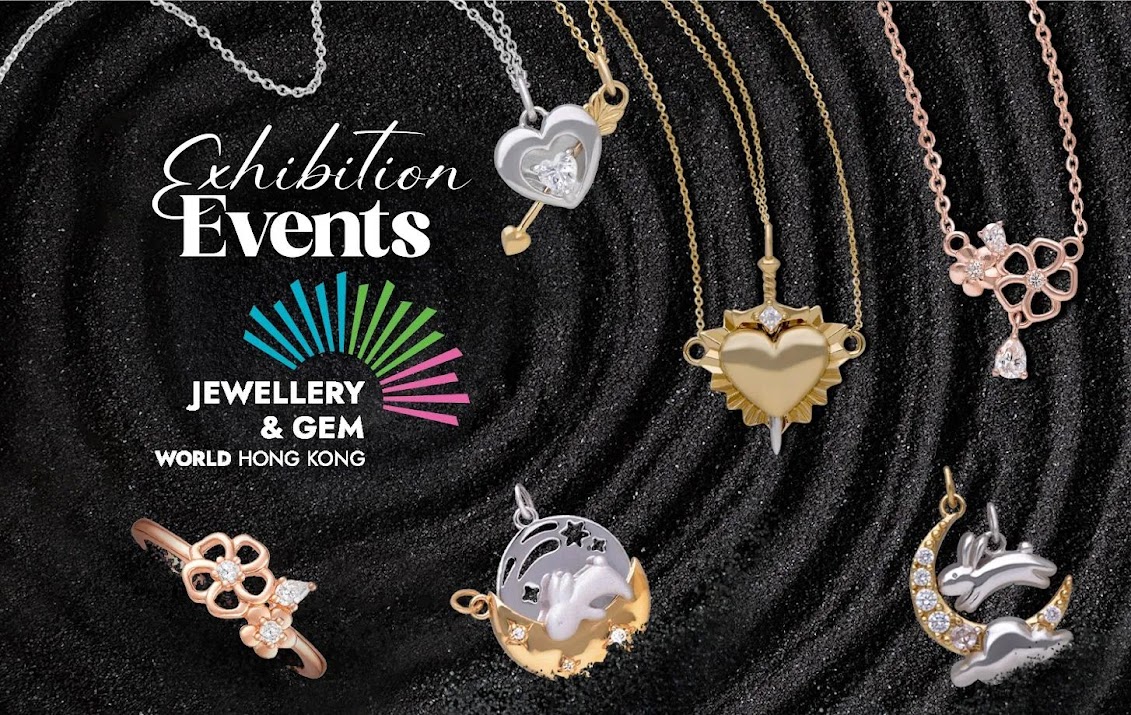The jewelry industry is a multi-billion dollar industry, and it must be conducted ethically. Jewelry manufacturers and retailers should follow some ethical standards to ensure that the jewelry they sell is safe, sustainable, and ethically sourced.
What are the ethical standards for the jewelry industry?
These are the ethical standards that should be followed by the jewelry industry, including:
1. Responsible sourcing of materials
One of the most important ethical standards for the jewelry industry is responsible sourcing of materials. This means that the materials used to make jewelry should be sourced in a way that does not harm the environment or the people who work in the mining and manufacturing industries.
For example, mining diamonds has been linked to conflict and human rights abuses. “blood diamonds” describe diamonds mined in conflict zones and used to fund armed conflict. The jewelry industry has taken steps to address the issue of blood diamonds, and there are now several certifications that guarantee that diamonds are conflict-free.
Another important issue is the use of mercury in the mining of gold. Mercury is a highly toxic substance, and its use in the mining industry can devastate the environment and the health of the people working in the mines. The jewelry industry is working to reduce the use of mercury in gold mining, and there are several certifications that guarantee that gold is mercury-free.
2. Fair wages and working conditions
The jewelry industry should also ensure that the people who work in the industry are paid fair wages and have safe working conditions. This is especially important in the mining industry, where workers are often exposed to dangerous conditions and are paid very low wages.
There are a number of organizations that are working to improve the working conditions in the jewelry industry. The Fairtrade Labelling Organization (FLO) is a non-profit organization that certifies jewelry made in accordance with fair trade standards. FLO-certified jewelry guarantees that workers are paid fair wages and have safe working conditions.
3. Transparency
The jewelry industry should also be transparent about its sourcing practices and the materials used to make its products. Consumers should be able to easily find out where the materials in their jewelry were sourced and how they were mined and manufactured.
There are a number of organizations that are working to increase transparency in the jewelry industry. The Responsible Jewellery Council (RJC) is a non-profit organization that sets ethical and sustainable jewelry production standards. The RJC’s Code of Practices requires jewelry companies to be transparent about their sourcing practices and to provide consumers with information about the materials used in their products.
4. The use of environmentally friendly practices
The jewelry industry has a responsibility to the environment. The mining, manufacturing, and packaging of jewelry can all harm the environment. The jewelry industry should use environmentally friendly practices throughout production to minimize these impacts.
Here are some specific ways that the jewelry industry can use environmentally friendly practices:
- Mining: The jewelry industry can use methods that minimize the environmental impact of mining, such as using less water and chemicals.
- Manufacturing: The jewelry industry can use renewable energy sources and recycled materials to reduce its environmental impact.
- Packaging: The jewelry industry can use recyclable and biodegradable packaging materials.
By using environmentally friendly practices, the jewelry industry can help to protect the environment and ensure that jewelry is produced in a sustainable way.
Conclusion
The jewelry industry is large and complex, and it must meet high ethical standards. By following the ethical standards outlined in this blog post, the jewelry industry can help to ensure that its products are responsibly sourced, that its workers are treated fairly, and that its consumers are informed about the materials used in its products. Support jewelry brands that are committed to ethical and sustainable practices.
Share this post









Responses (0)